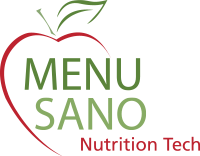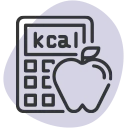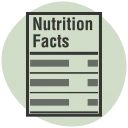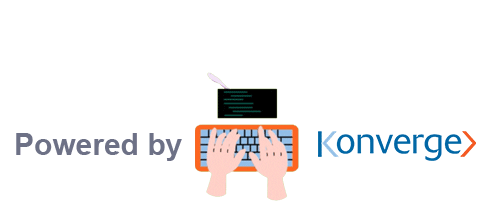Food recalls are challenging situations that food manufacturers and businesses aim to avoid at all costs. Beyond potential health risks to consumers, recalls can have significant financial, reputational, and operational consequences for companies. The costs associated with a food recall are multifaceted and can have long-lasting effects on a business. In this blog post, we will delve into the various costs of a food recall and explore strategies to prevent and mitigate the impact of such events.
Direct Recall Costs
The direct costs of a food recall include expenses directly related to the recall process itself. This encompasses activities such as identifying the affected products, notifying distributors and retailers, removing products from the market, conducting investigations, and properly disposing of the recalled items. Direct costs also include costs associated with implementing corrective actions and addressing the root cause of the issue.
Recall Reimbursement and Compensation
In cases where consumers have experienced illness or injury due to a recalled product, companies may be liable for reimbursement and compensation. This includes medical expenses, legal fees, settlements, and potential lawsuits. These costs can quickly escalate, especially if there is evidence of negligence or failure to meet safety standards.
Loss of Sales and Revenue
A food recall can have a severe impact on a company’s sales and revenue. Consumers may lose trust in the brand, leading to declining demand for the recalled product and potentially other products from the same company. Additionally, retailers may temporarily or permanently remove the affected products from their shelves, resulting in lost sales and market share. The negative impact on revenue can be substantial and may persist even after the recall is resolved.
Brand Reputation and Consumer Trust
One of the most significant food recall costs is the potential damage to a company’s brand reputation and consumer trust. News of a recall spreads quickly, amplified by social media and traditional media channels. A tarnished reputation can be challenging to recover from, leading to decreased customer loyalty, negative perception, and a long-term impact on market position and sales.
Operational Disruption and Costs
Recalls can disrupt normal business operations, requiring significant resources to manage the process effectively. This includes allocating personnel to handle recall-related tasks, diverting production capacity to address the issue, conducting investigations, and implementing corrective measures. These disruptions can lead to increased operational costs and inefficiencies, affecting productivity and profitability.

Prevention and Mitigation Strategies
While the costs of a food recall can be substantial, there are measures companies can take to prevent and mitigate the impact of such events:
a) Robust Quality Control Systems: Implement comprehensive quality control systems throughout the entire production process, from ingredient sourcing to final product distribution. This includes rigorous testing, supplier audits, and adherence to industry standards and regulations.
b) Traceability and Product Tracking: Maintain accurate and reliable traceability systems to identify and isolate affected products during a recall quickly. This allows for precise communication and targeted removal of only the necessary items, minimizing costs and disruptions.
c) Training and Education: Invest in ongoing training programs to ensure employees are well-versed in food safety protocols, hazard analysis, critical control points (HACCP), and recall procedures. This promotes a safety culture and enables swift and effective responses in case of an incident.
d) Crisis Communication and Public Relations: Develop a robust crisis communication plan to manage public perception and maintain transparency during a recall. Clear and timely communication with stakeholders, including consumers, retailers, and regulatory agencies, is essential for preserving trust and reputation.
e) Continuous Improvement: Regularly assess and improve internal processes, conduct audits, and stay informed about emerging food safety issues and regulatory updates. Proactively address potential risks to minimize the likelihood of a recall.
The costs associated with a food recall extend far beyond the direct financial impact. Companies must consider the potential damage to their brand reputation, consumer trust, revenue, and operations. By implementing robust quality control systems, maintaining traceability, investing in employee training, developing crisis communication plans, and continuously improving processes, companies can minimize the risk of recalls and mitigate the costs if an incident occurs. Prioritizing food safety and proactive measures are essential for protecting both consumers and the long-term viability of businesses in the food industry.
It is essential to avoid recalls whenever possible, and it starts with proper nutrition labels. MenuSano is the fastest and easiest way to create Nutrition Fact Labels, start a free trial today!



















